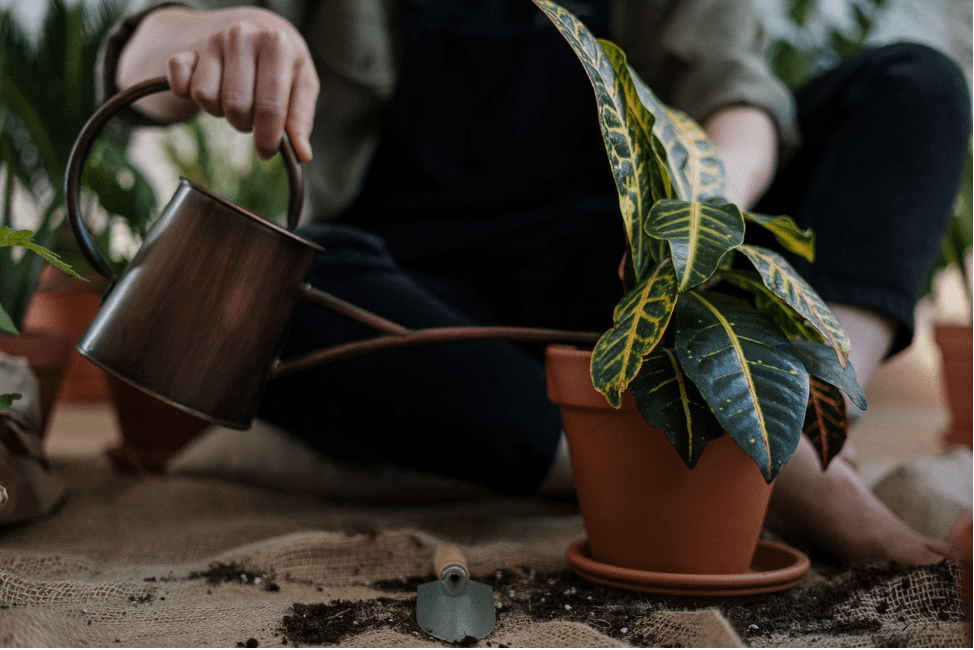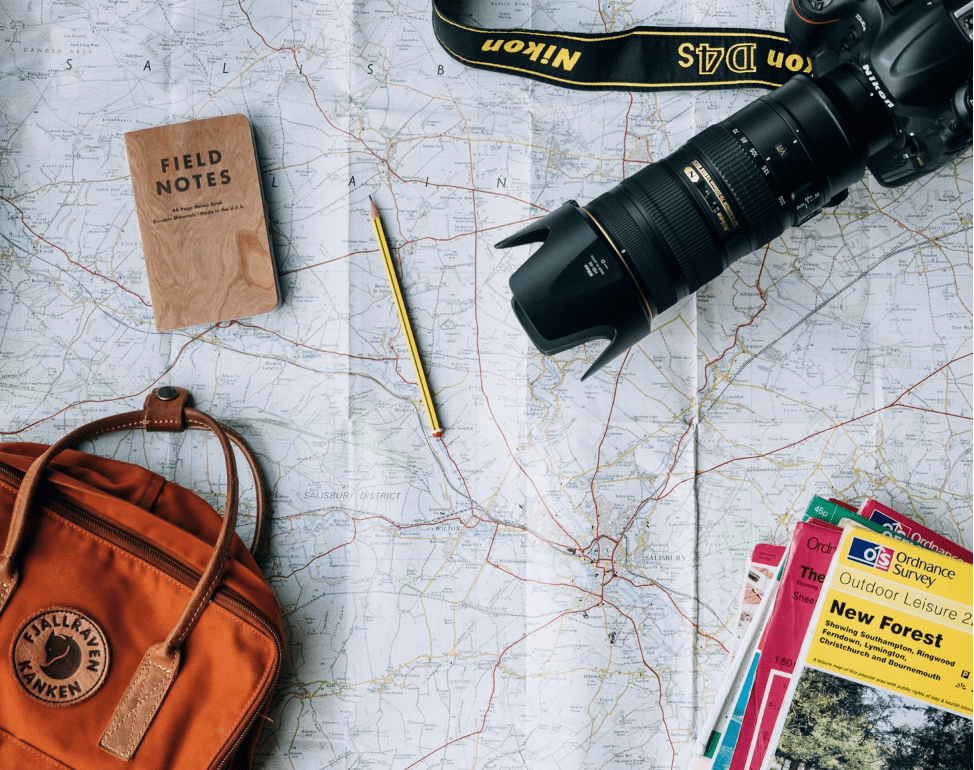Throughout the pandemic, people were advised to stay indoors and minimize physical contact with others to prevent the spread of the virus. However, studies have shown that outdoors was safer than indoors during the pandemic. Here are some reasons why.
Fresh Air and Ventilation
Indoor spaces have poor ventilation and air circulation, making it easier for the virus to spread through the air. On the other hand, being outdoors provides fresh air and better ventilation, which dilutes the concentration of the virus in the air and reduces the risk of infection.

Jeanette Mortensen/ Norsk | Look deep into nature, and then you will understand everything better
Sunlight and Vitamin D
Exposure to sunlight helps the body produce vitamin D, which is important for a strong immune system. Vitamin D deficiency has been linked to an increased risk of respiratory infections, including COVID-19. Being outdoors and getting some sunlight can help boost the body’s immune system and reduce the risk of infection.
Physical Distancing is Easier
Maintaining physical distancing is easier outdoors than indoors. In outdoor spaces, people can spread out and maintain a safe distance from each other, which reduces the risk of transmission. However, it can be more difficult to maintain physical distancing in indoor spaces, especially in crowded spaces.
Outdoor Activities are Safer
During the pandemic, indoor activities, such as dining, shopping, and entertainment, were limited or closed altogether. However, outdoor activities such as hiking, biking, and outdoor dining were considered safer and were allowed to continue. Being outdoors and engaging in physical activities can also improve physical and mental health, which is important during a pandemic.

Getty Images/ Forbes | In nature, nothing is perfect and everything is perfect
Less Surface Transmission
The virus can survive on surfaces for varying lengths, depending on the material and conditions. In indoor spaces, people touch many surfaces, increasing the risk of transmission through surface contact. In outdoor spaces, there are fewer surfaces to touch, and surfaces are often exposed to sunlight and fresh air, which can reduce the viability of the virus.
Less Time Spent Indoors
Many people were forced to spend more time indoors during the pandemic due to lockdowns and restrictions. However, being indoors for extended periods can negatively impact physical and mental health. Being outdoors provides a change of scenery and a break from the monotony of being indoors, which can benefit overall well-being.
More Space for Social Distancing
Outdoor spaces provided more room for social distancing, which was one of the most effective measures for preventing the spread of the virus. Being able to spread out and avoid close contact with others significantly reduced the transmission risk.

DAVID WHYTE/ GETTY IMAGES | Heaven is under our feet as well as over our heads
Increased Access to Vitamin D
Spending time outdoors also gives people more vitamin D from sunlight, which is important for immune function and overall health. Vitamin D deficiency has been linked to a higher risk of severe illness from COVID-19, so getting enough of it is crucial.




